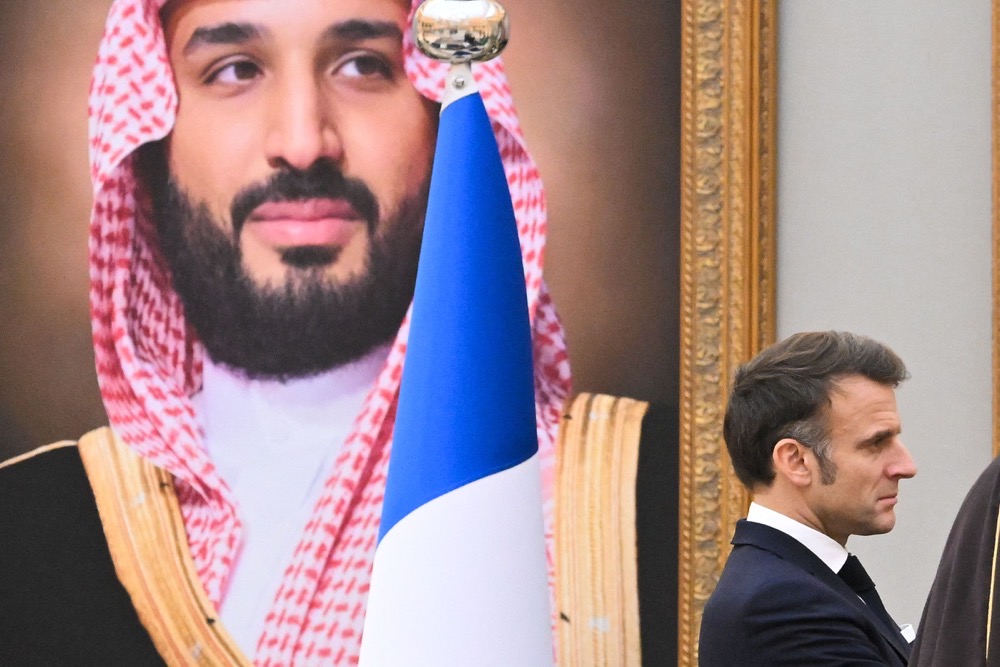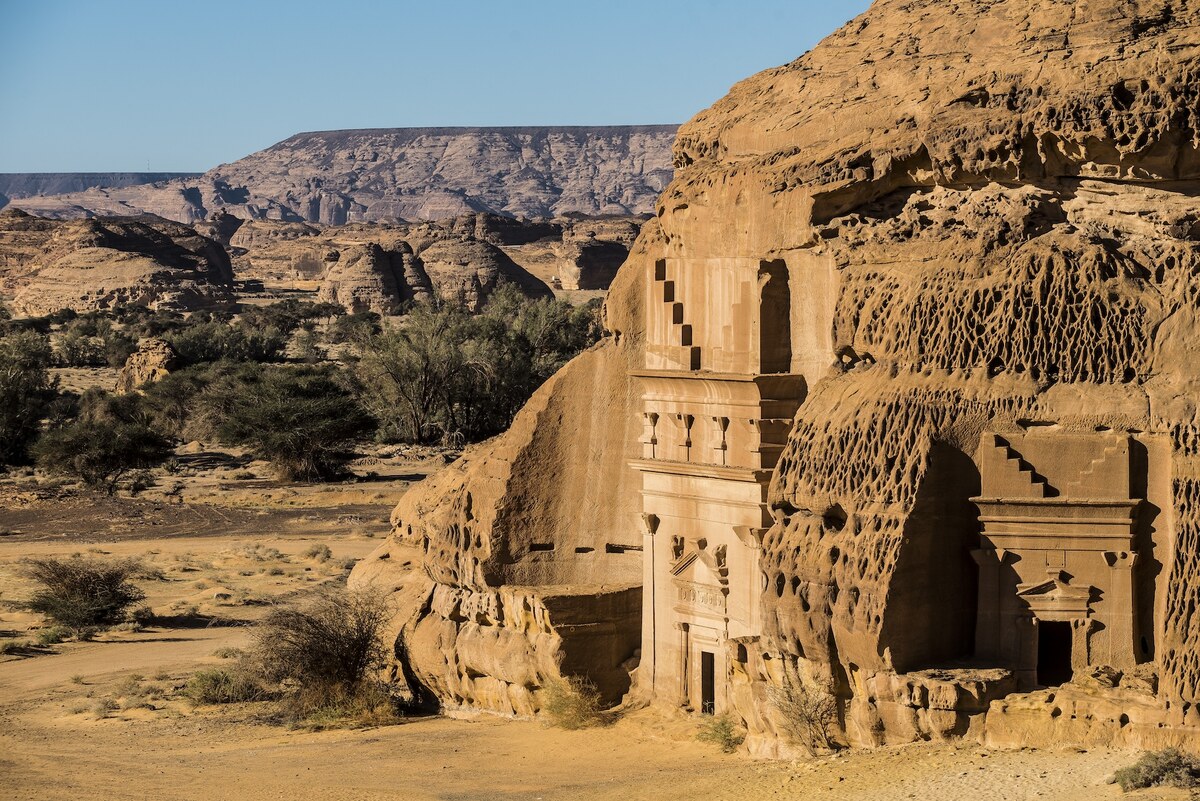RIYADH: Cambridge University Press, the oldest publishing house in the world, made an appearance at the Riyadh International Book Fair this week, to see through on deals signed with the Saudi education ministry.
“It’s a really exciting opportunity for Cambridge in the Middle East,” said Joshua O’Neil, area coordinator of CUP Middle East. “Saudi Arabia is a very important market for Cambridge.”
CUP, which began publishing in 1534, is the first and oldest publishing house in the world.
“We’ve been working in close relationship with people from the (Saudi) Ministry of Education to develop a course that specifically meets the needs of Saudi students,” said Walid Shawky, CUP educational consultant. “And based on this, we’ve created ‘Power Up’ KSA edition.”
The Saudi edition of Power Up, which has gained approval from the Saudi education ministry, is currently in its first year and is already being taught in 20 schools, with plans to incorporate it and other Saudi-customized products into more schools across the Kingdom.
“The feedback that we are getting from the schools that started using it is perfect, because it’s based on project-based learning, and it also prepares students for Cambridge exams.
“The Vision (2030) wanted to provide students in that age — in primary stage — with the latest teaching methodology, teacher training opportunities, and resources that develop students’ language skills plus the emotional skills as well,” Shawky said.
“In alignment with this vision, we created this course,” he said.
Researchers from CUP came to study the market in Saudi, which involved interviewing parents, students, teachers and school admins in many different schools across the Kingdom to create a product tailored specifically for the Saudi market.
Poetry, political and religious books, articles, research, and scientific curricula are some of the publications CUP provides to universities and schools across the world.
“You might have heard the really exciting news that Cambridge University Press have merged with Cambridge Assessment English to create one new company, which is Cambridge University Press and Assessment,” O’Neil said.
The merger resulted in the creation of a new educational product that uses “world-leading” resources and assessments in one overall package, now on offer to all educational institutions and corporations in the region.
“It’s a real pleasure to be able to be here to demonstrate this at Riyadh book fair,” O’Neil said, adding that it was a new experience to see what the capital had on offer as well.
“We’ve been really surprised with the engagement that we’ve had from the customers; it’s obviously the first in-person event that Cambridge have been at since the COVID pandemic,” he said.
The publishing house has a team based in Saudi Arabia and staff who are based across the entire region, with an office in Dubai.
“We come very frequently to support our colleagues on the ground and make sure that we’re delivering bespoke proposals, which are really going to add value to all educational institutions in the Kingdom,” the CUP area coordinator said.
The “Evolve” special edition series was launched in March earlier this year.
Adapted from CUP’s international, highly successful series, the special edition “Evolve” is tailored toward the specific needs that Arabic first language speakers have when trying to learn English.
“What’s really unique is we’ve actually included real students from the Kingdom of Saudi Arabia, Kuwait, and Oman in the coursebook. And this is in our meet-our-student contributors,” O’Neil said.
Students are able to access these by scanning QR codes inside the books, and up pops the real student achieving the learning outcomes of the course.
“We’ve also included and kept some students from Brazil, Europe as well, because you’ll see the strapline of the course: ‘Regionally inspired for global success’,” he said.
It features dedicated lessons designed specifically for those challenges that Arabic first language speakers have when trying to learn English.
“We’ve created the resource to make sure it’s culturally appropriate and relevant for Arabic first language students but we want them to not just achieve in region, but we want them to achieve globally,” he said.































